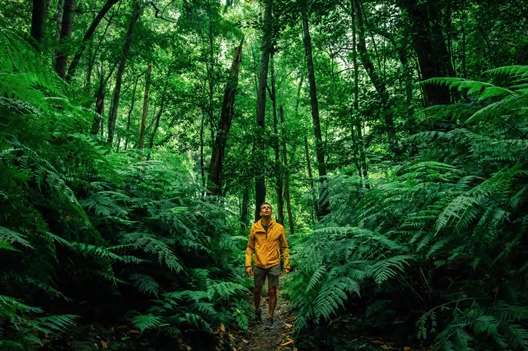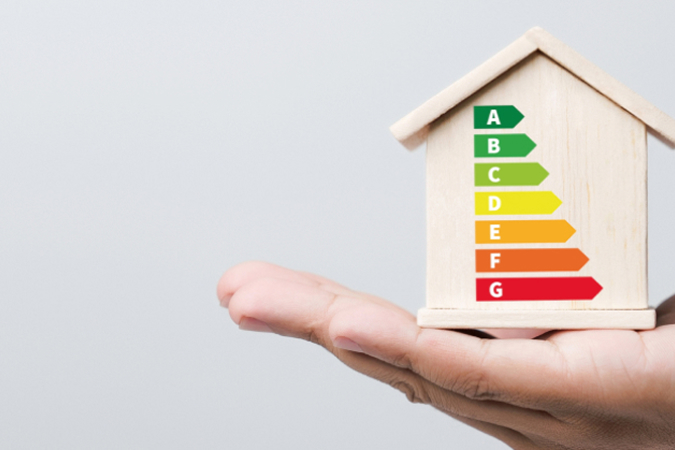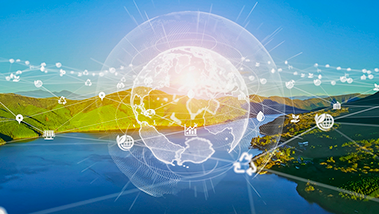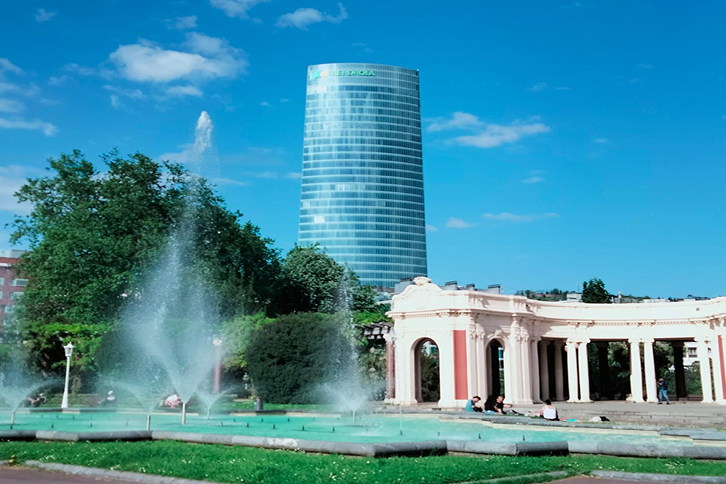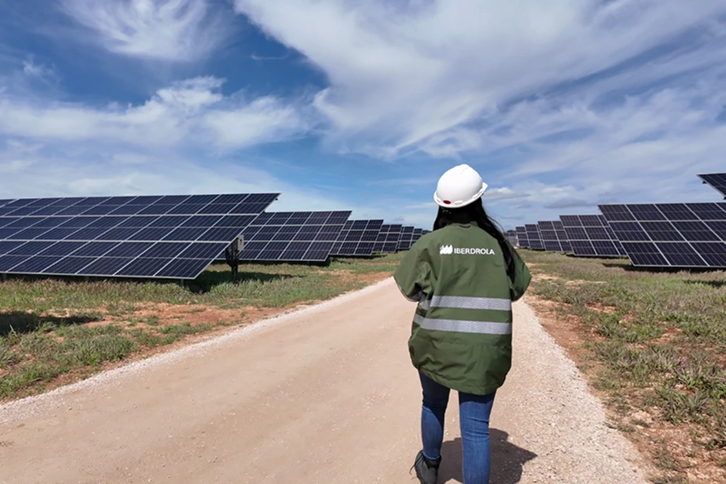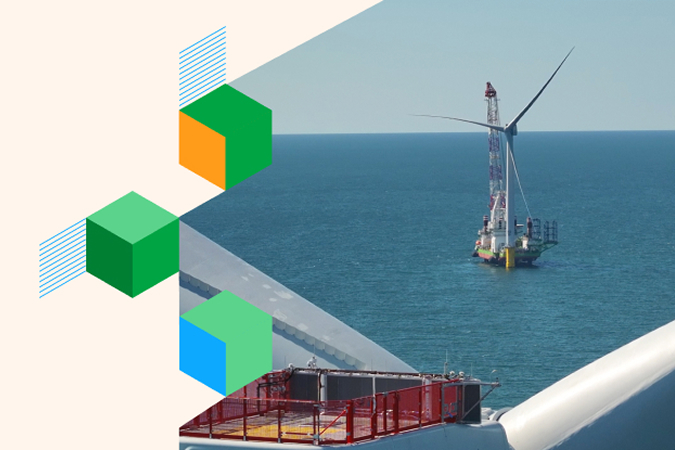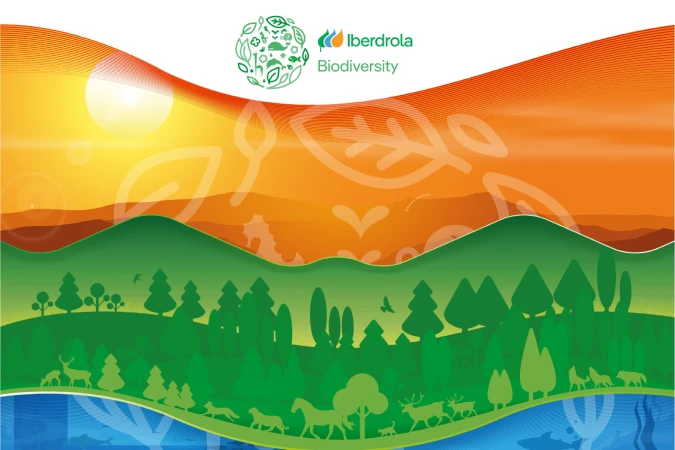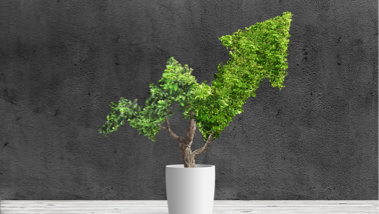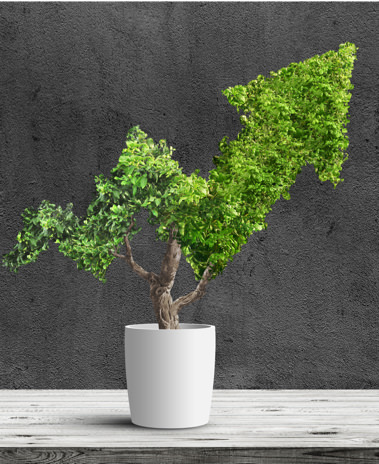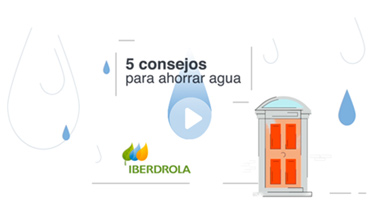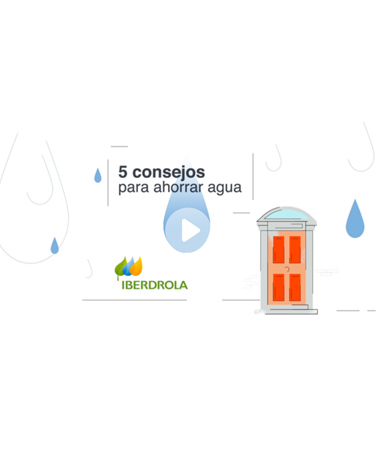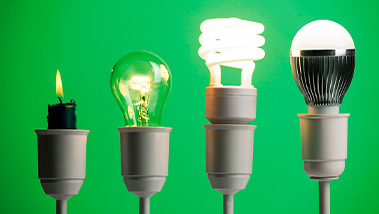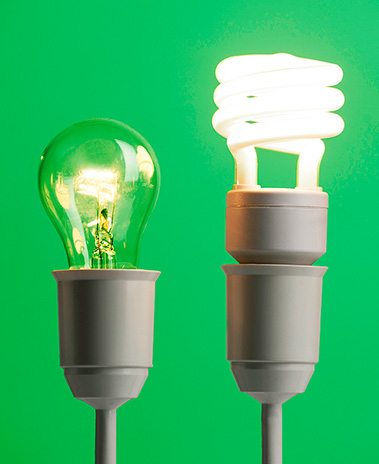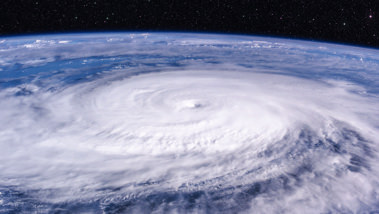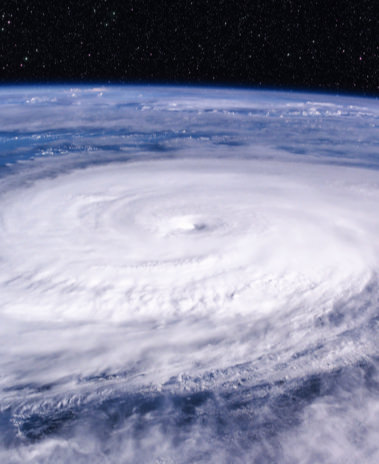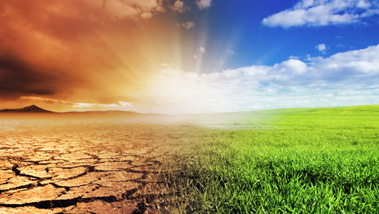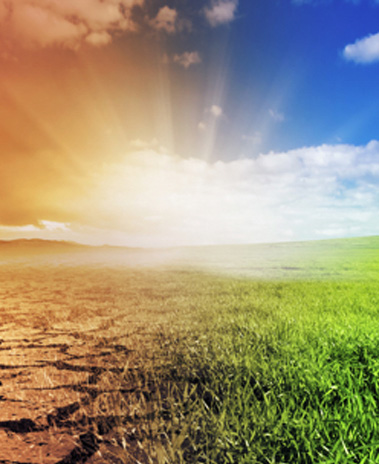-
Organic products, also known as green or eco-friendly products, are grown in production systems that combine the best environmental practices with the preservation of natural resources. We reveal the keys to organic production.
The COVID-19 pandemic is battering the global economy and forcing the “powers that be” to roll out short-term strategies to inject liquidity into markets, provide support for the unemployed and boost health systems with resources. Governments around the world are designing medium and long-term economic recovery programmes, and many legislators, organisations and companies are planning a green recovery.
-
Salt water makes up over 97% of the water on the planet. Two thirds of the fresh water is trapped in glaciers and the polar ice caps, and most of the remaining third is in the ground or in underground aquifers. Conclusion: there is very little water available for living things.
Thomas Edison's first electric power plant built in 1882 only supplied current to a few light bulbs. Since then, the grid that carries electricity to our homes has expanded and is facing the biggest challenge so far: to become completely fossil-fuel free and move towards renewable energy sources. Discover the history of electricity until nowadays.
-
During COP27, efforts have been made to define which countries are most vulnerable to climate change. Chad, Somalia and Syria are the most potentially at risk from the consequences of this environmental problem.
In 2015, all the member states of the United Nations (UN) approved the 2030 Agenda for Sustainable Development - an action plan to help people and the planet, encompassing the 17 SDGs.
-
The circular economy entails a radical change in perspective by people and companies when it comes to dealing with the lack of resources, environmental impact, value creation, and employment.
New York City hosted the 16th edition of Climate Week (22–29 September) under the theme, It's Time. As in previous editions, the event served as a platform for connection and dissemination, focusing on the fulfilment of climate goals and the need to increase the commitments made by companies, governments and organisations.







